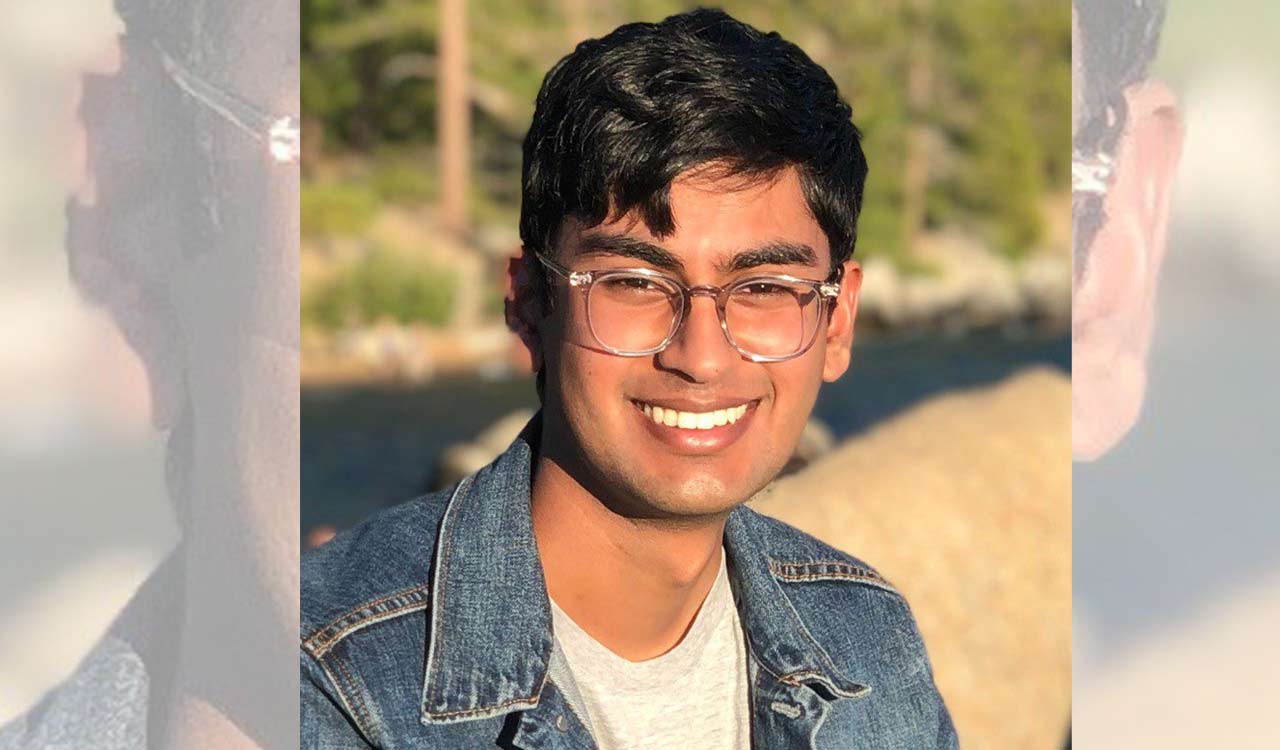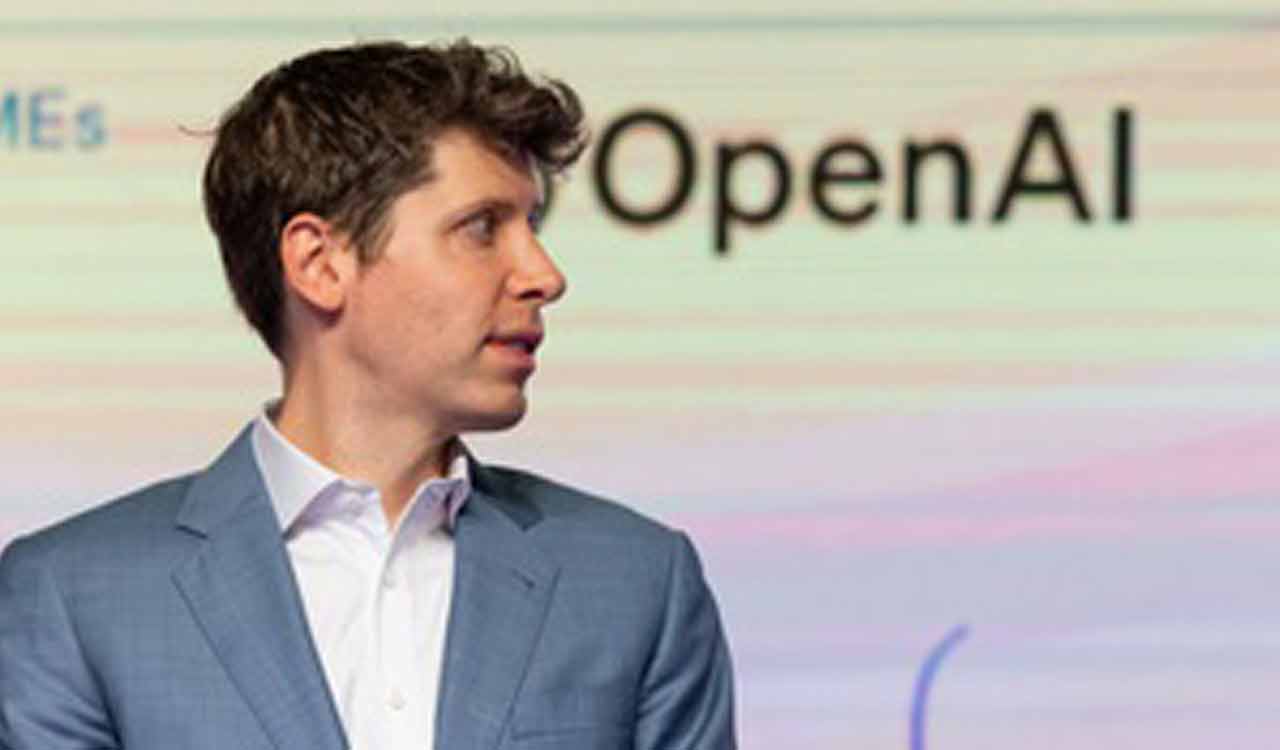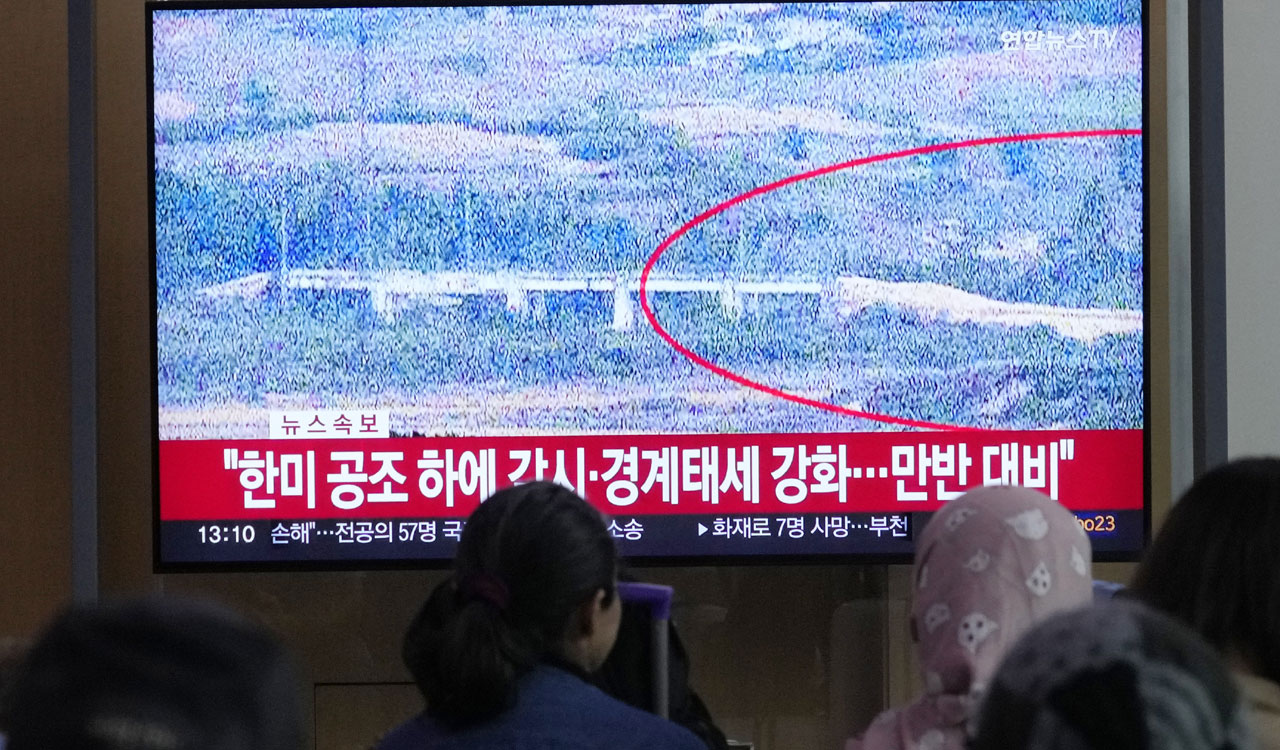Opinion: Kalinga War, atom bomb and AI
Repentance may spark transformation and guide the world towards a more responsible future
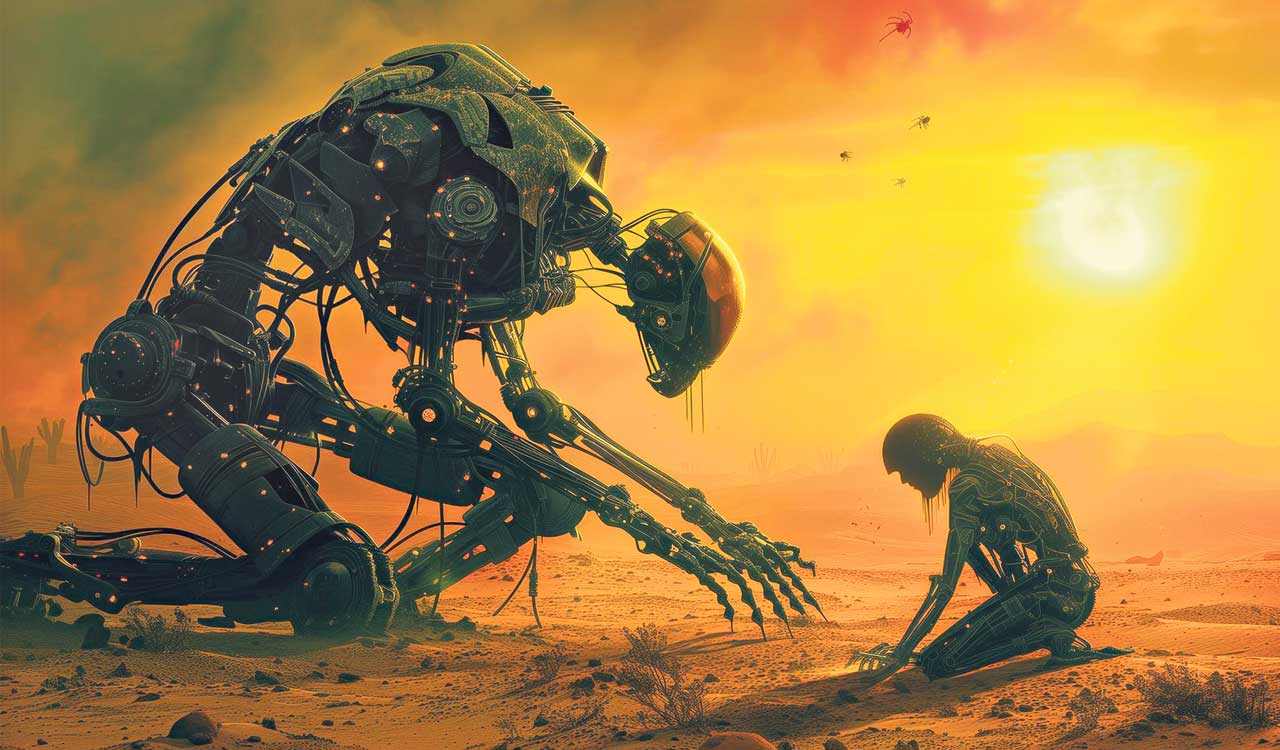
By Vanam Jwala Narasimha Rao
Twenty six-year-old Suchir Balaji, an OpenAI researcher-turned-whistleblower who publicly spoke against OpenAI’s practices, was found dead in San Francisco. In an interview with The New York Times, Balaji revealed his growing concerns about the potential societal harm of the technology, particularly criticising OpenAI’s use of copyrighted data. He said it violated the law and that technologies like ChatGPT were damaging the internet.
Also Read
In the quest for authority, domination and development, intelligentsia create forces or systems, which, of late, are characteristically labelled as AI, often going beyond their control. Since the times of horrors of the Kalinga War, through the detonation of the atomic bomb or the unleashed potential of AI, the realisation of the harm caused can awaken a deep sense of regret. Emperor Ashoka turned to peace after witnessing the destruction of Kalinga, Robert Oppenheimer reflected on the irreversible consequences of the atomic bomb and Geoffrey Everest Hinton cautioned the world about the dangers of unchecked innovation. Balaji too might have done the same.
Advancements in AI
Geoffrey Hinton, Demis Hassabis, John M Jumper and John Hopfield, were awarded the 2024 Nobel Prizes, recognising their contributions associated with the groundbreaking advancements in AI. The work of Hinton and Hopfield established AI as a field bridging computational and physical sciences offering tools for both theoretical exploration and practical application. Hassabis and Jumper contributed to the development of AlphaFold using an AI system that revolutionised protein structure prediction, which involves determining the three-dimensional arrangement of atoms in a protein-based amino acid sequence, using computational methods. Their work has profound implications for biology and medicine, enabling researchers to accelerate drug discovery, understand diseases at a molecular level and address challenges like antibiotic resistance. AI’s role in protein structure prediction illustrates its transformative potential and the ethical responsibilities accompanying its use.
Hinton, known as the godfather of AI and deep learning, together with Hopfield pioneered the work on neural networks that is made possible through the Backpropagation Algorithm to learn from errors, which laid the foundation for modern deep learning. This innovation is instrumental in diverse AI applications, from computer vision to language processing. Hinton has been consistently vocal about AI’s potential risks.
Drawing lessons from Ashoka, Oppenheimer, Hinton, and now Suchir Balaji’s experiences and warnings is certainly advantageous
Hinton resigned from Google in 2023 to warn about the ‘dangers of unchecked AI advancements,’ its use in misinformation and potential threats to humanity. The recognition of Hinton and Hopfield highlights the transformative impact of AI across disciplines. Hinton and Hopfield provided the theoretical and algorithmic frameworks that made deep learning possible, while Hassabis and Jumper demonstrated AI’s capacity to tackle real-world scientific challenges. At the same time, these achievements underscore the dual-edged nature of AI. While its potential for societal benefit is immense, the ethical and existential challenges it poses remain significant.
Need for AI
Genesis, need, concept, evolution and effects of AI, a necessary evil, are quite interesting. The term AI was coined in 1956 during the Dartmouth Conference, referred to as the Constitutional Convention of AI, held in New Hampshire, as a result of fusing together Philosophy, Mathematics, and Computer Science. Claude Shannon, John McCarthy, Nathaniel Rochester and Marvin Minsky are considered the founding fathers of AI.
The need for AI arose from humanity’s desire to automate tasks, enhance efficiency and address complexities that exceed human cognitive capacities such as solving mathematical problems, simulating chess games and developing expert systems in fields like medicine. Over the decades, AI’s potential grew exponentially and gradually — from symbolic AI in its early days, which relied on logic and rule-based systems, the field shifted to data-driven methods like neural networks.
AI’s evolution has significant milestones, including the advent of conversational agents like ChatGPT. It deliberately transformed as a ‘necessary evil’ profoundly impacting every aspect of human life, including surveillance systems, often eroding civil liberties. AI embodies the promise and perils of modern innovation, and hence, balancing its transformative capabilities with safeguards against misuse remains a challenge.
Adverse Effects
In this context, for a comparison of ‘effects and adverse effects’ delving into the genesis of the first nuclear weapon, to be more precise the first atomic bomb (‘Little Boy’) detonated over a populated area, occurred on August 6, 1945, over the Japanese city of Hiroshima while the second (‘Fat Man’) on August 9 over Nagasaki, may perhaps be appropriate.
The development of nuclear weapons was part of the secret US government research initiative during World War II, the Manhattan Project. Accordingly, the world’s first nuclear explosion or testing of the world’s first-ever atomic bomb called ‘The Gadget’ occurred on July 16, 1945. The device was tested successfully in Los Alamos on November 25, 1942, by Brigadier General Leslie R Groves and Physicist J Robert Oppenheimer. The code name for the test was Trinity.
Oppenheimer, the Father of the Atomic Bomb, after the bomb was dropped by the USA Bomber ‘Enola Gay’ causing unprecedented destruction, killing several and leaving many with effects like radiation sickness, injuries, burns, cancer, genetic damage and psychological trauma for decades, was reported to have expressed deep repentance. He quoted ‘Bhagavad Gita,’ and said, ‘Now I am become Death, the destroyer of worlds.’ He opposed the development of the hydrogen bomb. The Nuclear Non-Proliferation Treaty had its origin in Oppenheimer’s advice.
Repentance of Ashoka, Oppenheimer and Hinton has similarities. Ashoka waged a brutal war against Kalinga, resulting in massive loss of life. Witnessing the destruction caused, Ashoka renounced violence, gradually embraced Buddhism, and dedicated himself to peace, moral governance and the welfare of his people. Oppenheimer who played a vital role in the creation of the atomic bomb as the Scientific Director of the Manhattan Project, experienced deep remorse over the bomb’s devastating impact. His repentance manifested in his later advocacy for arms control and his regret for having unleashed such a destructive force.
Hinton has expressed concern about the unforeseen consequences of AI, particularly its potential to disrupt economies, societies and even human autonomy. He has voiced regret about the paths AI research is taking, acknowledging the need for greater caution and ethical considerations in AI development.
True wisdom lies in understanding the consequences of a creation. Repentance may spark transformation, and guide the world towards a more responsible future. Drawing lessons from Ashoka, Oppenheimer, Hinton and Suchir’s experiences and warnings is certainly advantageous. This message subtly weaves together the shared human experience of reckoning with the consequences of actions and the potential for growth through reflection and remorse.
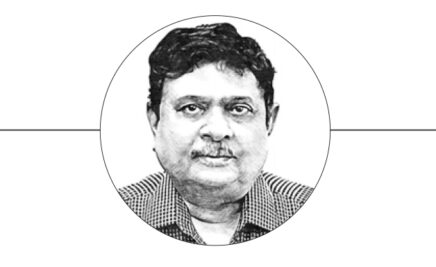
(The author is an independent journalist)
Related News
-
21 dead as Mozambique erupts in violence after election court ruling
2 mins ago -
Cartoon Today on December 25, 2024
8 hours ago -
Sandhya Theatre stampede case: Allu Arjun questioned for 3 hours by Chikkadpallly police
8 hours ago -
Telangana: TRSMA pitches for 15% school fee hike and Right to Fee Collection Act
8 hours ago -
Former Home Secretary Ajay Kumar Bhalla appointed Manipur Governor, Kerala Governor shifted to Bihar
8 hours ago -
Hyderabad: Organs of 74-year-old man donated as part of Jeevandan
8 hours ago -
Opinion: The China factor in India-Nepal relations
9 hours ago -
Editorial: Modi’s Kuwait outreach
9 hours ago

